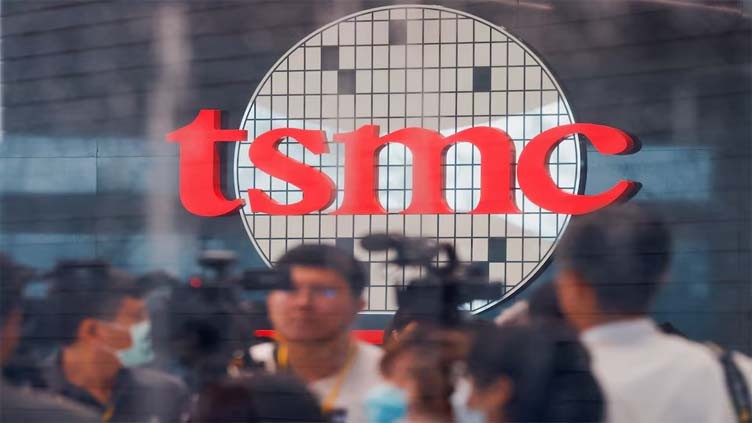
In a move that could significantly impact the artificial intelligence (AI) industry in China, the United States has directed Taiwan Semiconductor Manufacturing Co (TSMC) to stop shipping advanced chips to Chinese customers. This order, which took effect on Monday, specifically targets chips used in AI applications.
The U.S. Department of Commerce issued a letter to TSMC, imposing export restrictions on sophisticated chips with 7-nanometer or more advanced designs. These chips are commonly used in AI accelerators and graphics processing units (GPUs).
This development comes on the heels of TSMC's recent notification to the Commerce Department about one of its chips being found in a Huawei AI processor. Tech research firm Tech Insights had discovered the TSMC chip in a Huawei product, raising concerns about potential violations of export controls.
Huawei, a Chinese tech giant, has been at the center of U.S. trade restrictions for some time. The company is on a restricted trade list, requiring suppliers to obtain special licenses for shipping any goods or technology to Huawei. Licenses that could potentially aid Huawei's AI efforts are likely to be denied.
The impact of this order extends beyond Huawei. TSMC has reportedly notified affected clients about the suspension of chip shipments starting Monday. This broader clampdown allows the U.S. to assess whether other companies might be diverting chips to Huawei for its AI processors.
The move is expected to have far-reaching consequences for China's AI industry, which relies heavily on advanced chips for developing cutting-edge technologies. It also underscores the ongoing tensions between the U.S. and China in the tech sector, particularly in strategic areas like AI and semiconductor manufacturing.
TSMC, known for its commitment to compliance, has stated that it is a law-abiding company dedicated to following all applicable rules and regulations, including export controls.
As this situation unfolds, it remains to be seen how China and affected companies will respond to these new restrictions, and what impact they will have on the global AI and semiconductor industries.